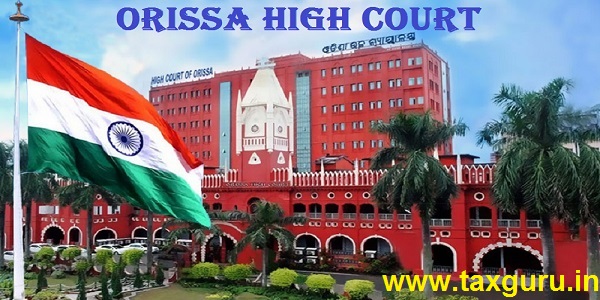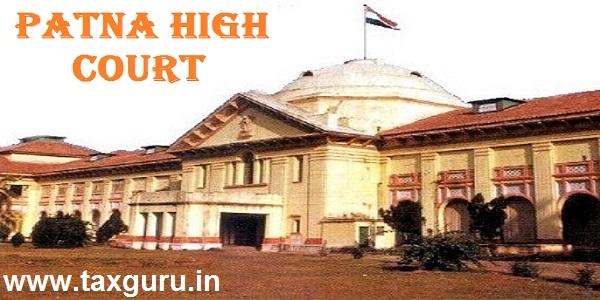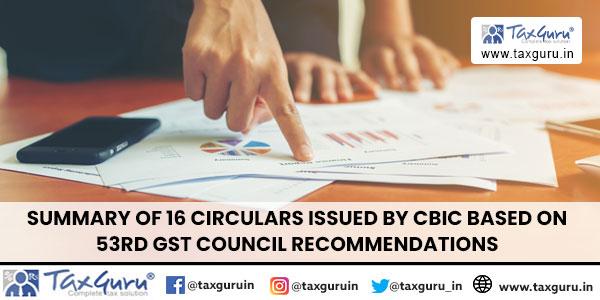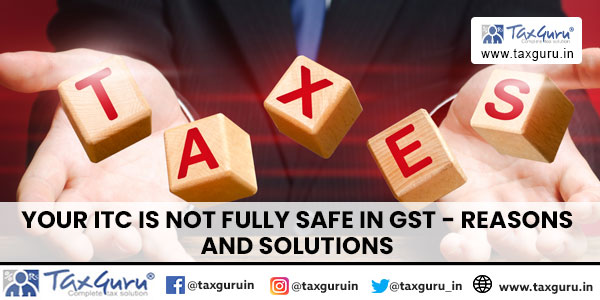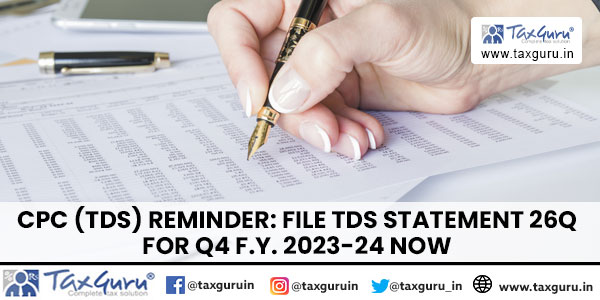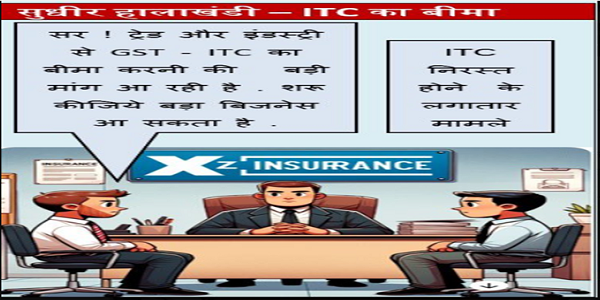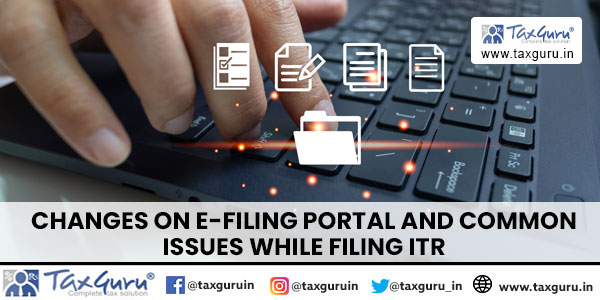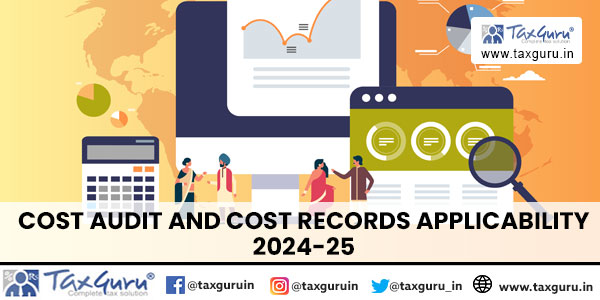Rajiv Gupta
As far as I understand, the export promotion policy is put in place to promote the exports from India. However, I doubt it very much, the way; the Indian bureaucracy formulates & implements the same. The transaction costs of export administration are so high within the system that even the incentives have no meaning because the exporters find themselves serving the vested interests of the bureaucracy rather than real gain at the end of the day. I firmly believe that perverse approach can never deliver results but then this does not bother the bureaucracy at all.
The GST was introduced on 1.7.2017 & in the first instance, the DGFT failed to announce the Export Promotion policy well in advance impending the introduction of the GST. In the second instance, the Advance Authorization scheme exemption was allowed partially i.e. it only exempted the levy of the Basic Customs duty. Therefore, what they did is that they introduced a pre import condition so that the exporter would really be not in a position to benefit from the exemption notification as such in most cases. Why bureaucracy adopt such devious means to kill the exporters? The point is how & why the pre import condition is introduced & what the exact purpose of it is & whether this condition is otherwise in the best interest of promoting exports from India. To my mind, the answer is emphatic No & this is simply lunacy in the name of the export promotion policy.
The first & foremost reason is that the world trade operates under the aegis of the WTO. India is one of the signatories. The WTO has arrived at acceptable agreements & set of rules & regulations to govern export promotion by the member states. The WTO permits the member countries to conduct imports under the replenishment clause under the duty exemption scheme, which effectively means that prior import condition is not applicable. Once, the WTO & the member countries have accepted replenishment imports as legitimate under the duty exemption scheme then what is the reason for the Indian export promotion authority (DGFT) to deny this to the exporters from India. Why the DGFT is hell bent upon killing the exporters! Is the DGFT really trying to say that replenishment clause is not legitimate? If yes, then why the DGFT is reluctant to specify the reason in the public domain? If replenishment clause is illegitimate then what steps are taken by the DGFT in the WTO to deny the use of replenishment imports in case of other member countries? Why the DGFT should not take up the matter in the WTO but kill the Indian exporters alone? To my mind this deny the legitimate entitlement of replenishment imports to Indian exporters.
As pointed out earlier, replenishment imports have been in vogue under different duty exemption notifications since ’83 i.e. when I conducted exports for the first time from India. Therefore, what has changed with the introduction of the GST to stop the replenishment imports? Any person with little common sense will understand that it is not feasible for exporters to wait for the imports to arrive & be cleared under the AA for use in the manufacture of exports. The readers will realize that there are several categories of raw materials. For e. g. , there are certain raw materials, which are available in India but then you need to import them because they are available at a very competitive price in the International market therefore you prefer to import them as & when feasible but since these raw materials are available locally also, there is no reason to rush for imports for the purpose of exports. There are certain raw materials, which are used in small quantities. Therefore, you are required to accumulate the quantities under various authorisations so as to arrive at a Minimum Economic Order quantity. Thirdly, there are solvents required by the chemical industry. You apply for these imports under the AA so as to protect yourselves from the vagaries of price fluctuations. The truth is that you apply for the AA but then you may not import them under the AA finally but you buy protection by applying for the AA. There may be another category of catalyst. The catalyst may be used over a long period of time. Some of the catalysts are very expensive & made to the exact specification of the user. Therefore, it may not be feasible to buy afresh under an AA & store it for use at a later date. There may be certain raw materials, which may have long lead time for supply. There may be 8 items going into the manufacture of exports. Out of this 7 items have arrived but the 8th one will arrive 4 months later. What is the exporter required to do under these circumstances? Therefore, any reader will understand that lunacy of pre import condition is unacceptable. Please note that the condition imposed is simply that of prior import & not that the imported goods have to be used for the manufacture of exports & the discharge of the export obligation. The DGFT cannot interfere in the International business decisions & force the hand of the exporter to conduct imports prior to exports & burden the exporters. There are task force set up to reduce the transaction costs but then with prior import condition, is the exporter not loaded with unnecessary transaction costs? Is the DGFT not able to simply understand this?
Not only this, please see from the point of view of the buyer. No buyer will wait for the Indian exporter if timely deliveries cannot be made. Does the DGFT want the Indian exporter to tell the whole world that DGFT India stopped replenishment imports under the AA therefore we need to get your order & thereafter get the AA & clear imports & then undertake manufacture & export. All this is uncertain & beyond our control therefore covered under force majeure (DGFT is no less than a God to impose such restriction on Indian exporters) & therefore supplies are uncertain. I am certain, when I narrate this truth to the foreign buyer, the buyer will pity me but not place an order with me. Is the DGFT then not in a position to even understand this doomsday scenario?
Why the CBIC should support such moves of DGFT is very difficult to understand? The purpose of relieving exports of local taxes is fully served whether the imports are done prior to imports or under replenishment clause. What difference does it make to the CBIC whether the imports are done prior to exports or under replenishment clause. Then, why CBIC support such move? Is the CBIC not able to comprehend that export is one of the essential engines of growth then why should the CBIC consent to impose such unwanted restrictions which may kill the export ? Is the CBIC trying to say that replenishment imports permitted in the past since ages was illegal!
The readers will not that Notification No. 18/2015-Cus. Dtd. 1.4.15 is amended by way of Notification No. 79/2017-Cus. Dtd. 13.10.18. This has created a fear in the mind of the exporters that what happens in case exports under the AA were completed under the AA prior to 1.7.17 & whether they can legitimately conduct imports under the replenishment clause? There is another serious problem created by imposing the condition that Export Obligation (EO) under the AA will be discharged by physical exports only. Now, the position is that deemed exports were completed for the discharge of EO before 1.7.17. What should the exporter do? Any person with little common sense will note that excluding deemed exports for the fulfilment of EO is another lunacy because you are discriminating against the Indian manufacturer & putting a stop to higher value addition & boost to the local economy. If the policymakers do not understand implications of such stipulations really then can they be allowed to continue & kill the exporters! Why the DGFT/CBIC indulging in depriving the exporters of their legitimate entitlement. Is this acceptable to the Parliamentarians of India? It is pertinent to point out here that the DGFT is mandated to be a facilitator under the Foreign Trade Development & Regulation Act but is there any semblance of facilitation visible? You don’t need International competition when Indian bureaucracy does the job of killing the exporters!
The bitter truth is that lunacy not only prevails but then the exporters are being prosecuted for the violation of the pre import condition. I am simply aghast at this act because I do not see any undue advantage arising out of replenishment imports. As a matter of fact, if I am as an exporter delaying the imports then in that case the availment of duty exemption is deferred to that extent therefore there is no loss of revenue to the exchequer as such. Further, under these circumstances, I am utilizing duty paid stocks for the manufacture & exports therefore I am supporting the local economy & once again this is not a crime. The moot question is that then why the exporter should be prosecuted? Is it because the exporter failed to abide by the conditions imposed by the policy makers, which is impractical & against the exports as such. I am given to understand that DRI is carrying out investigations but then why DRI is involved in the first place because this information is readily discernible from the database of the Customs department. Therefore, why the clearance of imports is not held up in the first place if exports are already carried out under the AA? I find it very illogical provision, which allows the import clearance in violation of the AA condition & thereafter await the action of the DRI to kill the exporter? I purposefully made a wrong statement of stopping imports but then exports should have been stopped in the first place under the AA in case imports are not affected under the AA. It is the responsibility of the DGFT & CBIC to ensure that. They made an impractical policy & their job is over. There will never be any show cause issued to the customs officials (who issued Let Export Order or Out of Charge) about how exports & imports in violation of the AA condition were allowed? For what the Indian exporters are being punished?
I have to conclude that this is simply a slap in the face of the Indian exporters including big corporate houses who do not show any spine to stand up & raise their voice against such stupidity even ever. Can we then say that honesty of intention & sincerity in implementation of export promotion is even visible? This is not a solitary instance of lunacy. Keep reading. More will follow. This is sent to all responsible in the MoC & MoF for inviting any objections & I will respond.
(Above are personal view of Author and Author can be reached at rajiv.pec@gmail.com)






